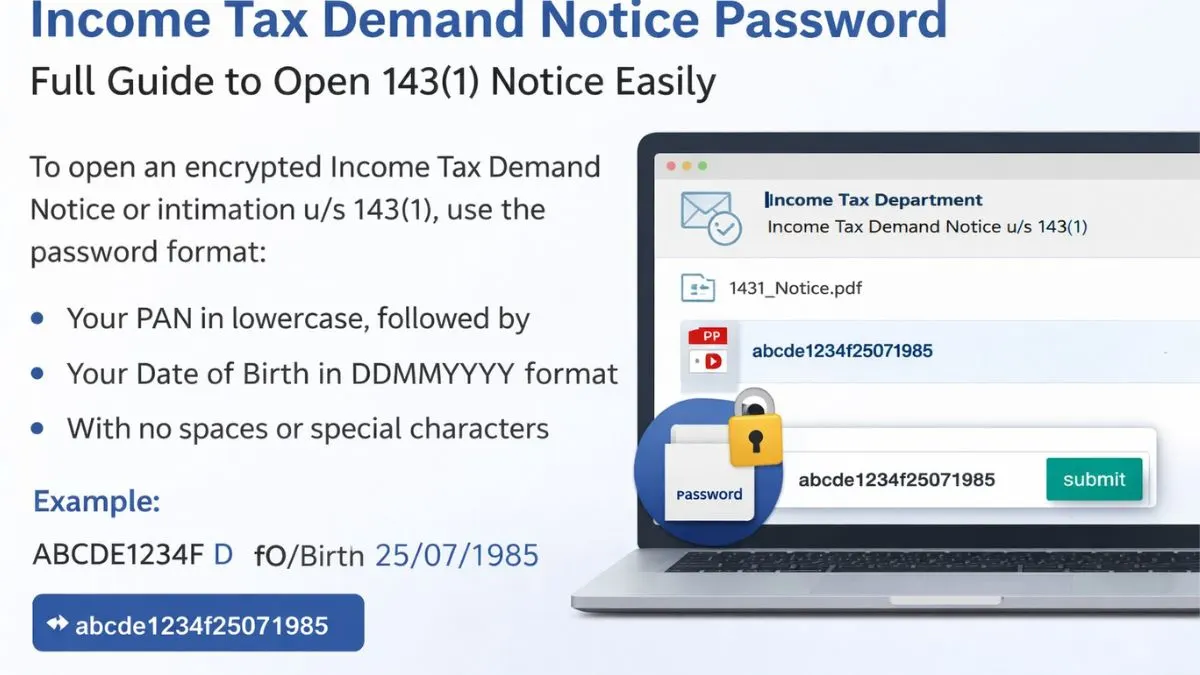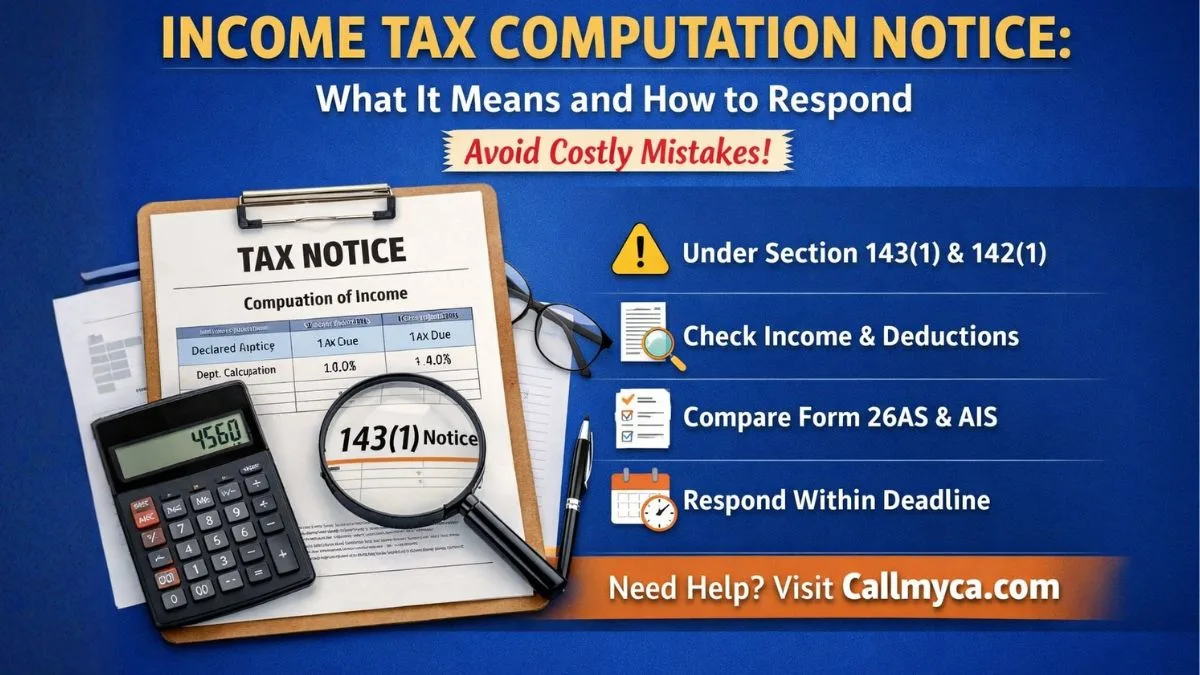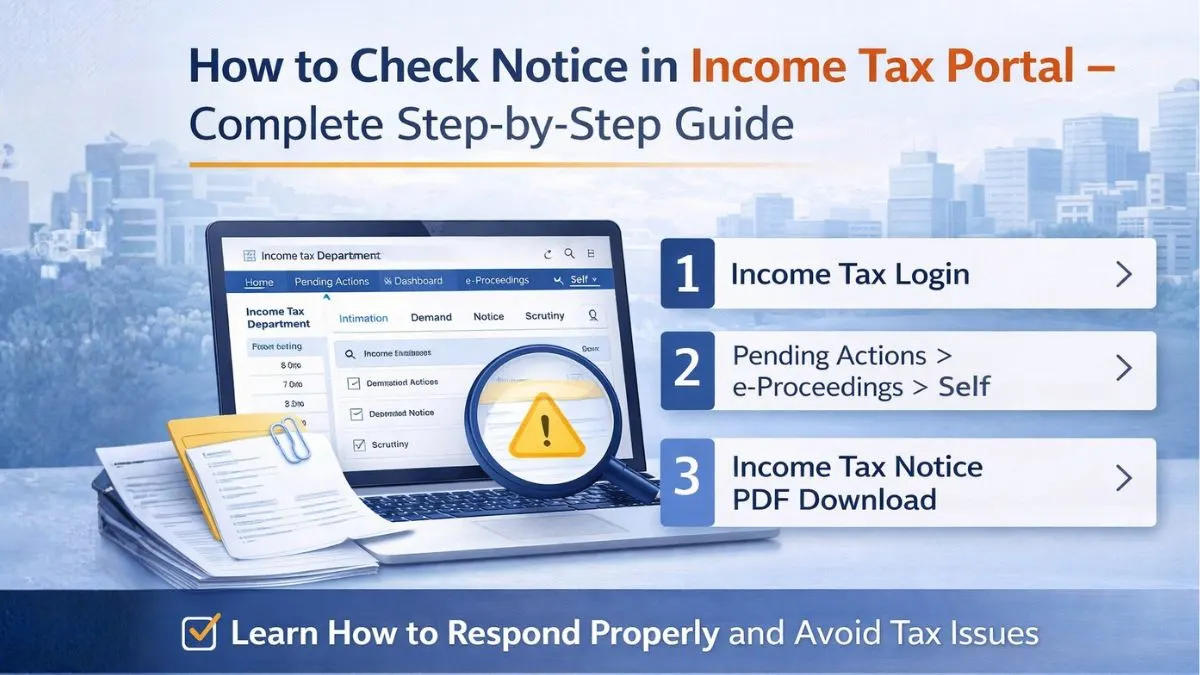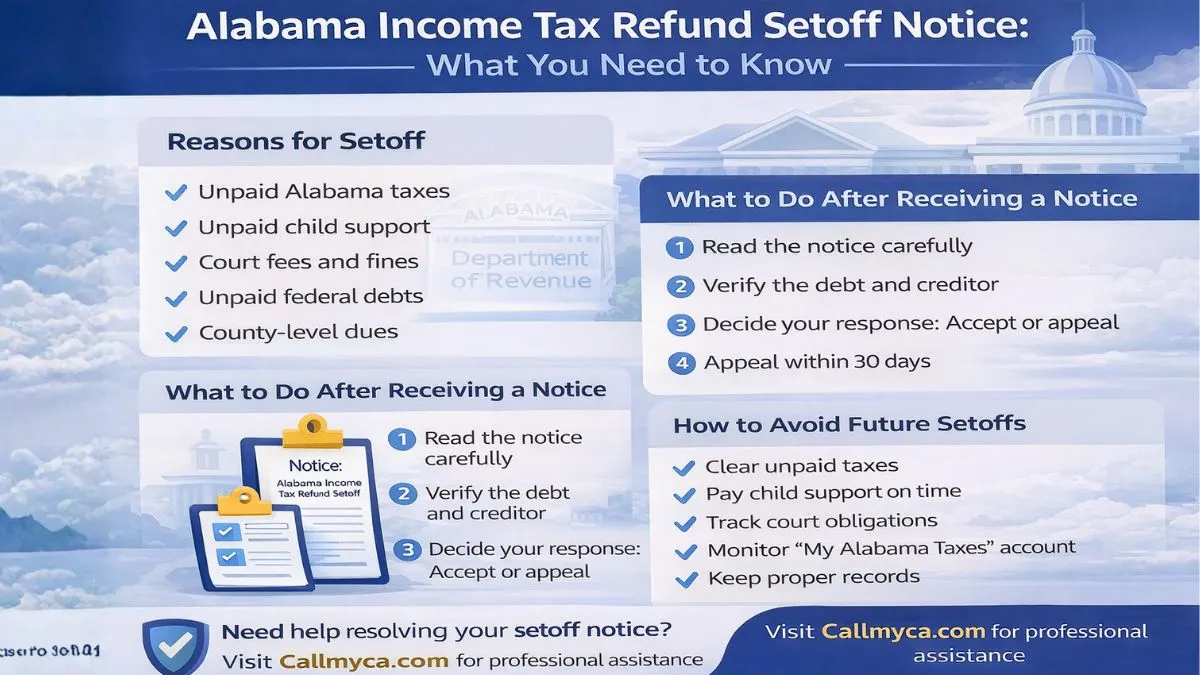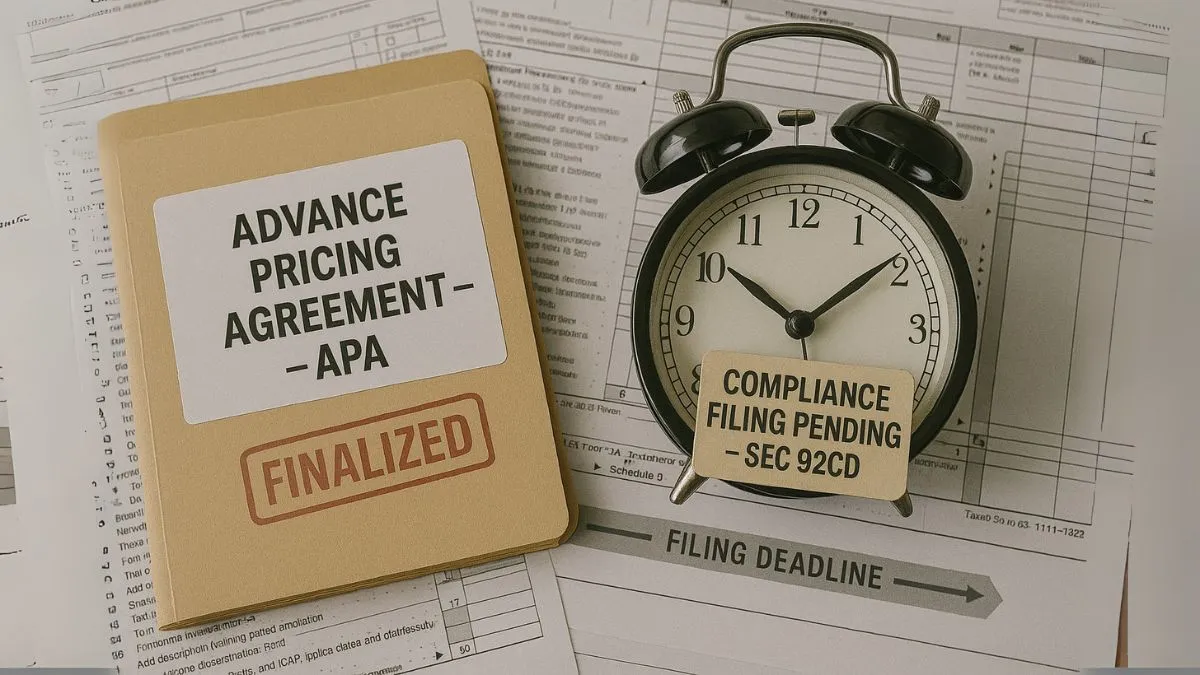
In the intricate framework of Indian taxation, Section 92CD of the Income Tax Act may not always draw attention, but for businesses engaged in international or specified domestic transactions, its significance cannot be overstated. This section becomes particularly relevant when a company has entered into an Advance Pricing Agreement (APA) with the tax authorities.
Section 92CD mandates that once an APA is signed, the assessee must file a modified return of income for the relevant assessment years covered under the agreement. This ensures that the income declared aligns with the terms of the APA, thereby reducing the risk of future disputes and transfer pricing adjustments.
Why does it matter? Because compliance with Section 92CD is not optional, failure to file the modified return in time can result in penalties & potential litigation.
In essence, if your business has opted for an APA to bring certainty to cross-border transactions, Section 92CD is the operational bridge that aligns your filed returns with the agreed-upon terms. Ignoring it could undo the very clarity the APA was intended to provide.
What is Section 92CD of the Income Tax Act?
Section 92CD deals with a unique scenario — when a taxpayer has already filed an income tax return & later enters into an Advance Pricing Agreement with the Central Board of Direct Taxes (CBDT). Since an APA affects how transfer prices are calculated, the already-filed return might need changes based on the terms of the agreement.
In such cases, Section 92CD mandates the taxpayer to file a modified return within a prescribed time limit. This ensures that the impact of the APA is accurately reflected in the tax return, preventing discrepancies or future litigations.
When Does Section 92CD Apply?
This provision applies if:
- You’ve entered into an APA under Section 92CC
- You’ve already filed your return of income under Section 139(1)
- The APA affects the income declared in your original return
In this case, the taxpayer must file a modified return within 3 months from the end of the month in which the APA is entered."
& yes — this is mandatory, not optional.
Why is Filing a Modified Return So Important?
Not filing the revised return as required under Section 92CD could lead to:
- Incorrect computation of income
- Future tax demand & penalties
- Possible litigation with the Income Tax Department
Imagine signing a binding agreement with the government & then failing to reflect it in your official books. That’s a compliance red flag you don’t want to raise.
By complying with Section 92CD, you maintain transparency & avoid the wrath of tax scrutiny down the line.
Advance Pricing Agreement & Tax Clarity
An APA helps multinational companies & large Indian corporations avoid prolonged disputes with tax authorities. It allows for an agreed methodology to calculate arm’s length price for international or specified domestic transactions, thus preventing transfer pricing adjustments.
Once this APA is signed, it becomes legally binding, & therefore, the income originally reported might need modification, which is where Section 92CD steps in to bring clarity to your tax reporting obligations."
Important Points to Remember
- Time Limit: The modified return must be filed within 3 months from the end of the month in which the APA is signed.
- No Reassessment: Filing under Section 92CD is not treated as a reassessment or revised return under Section 139(5). It’s a special compliance requirement.
- Applies Even if Assessment is Done: Even if assessment proceedings are over, the taxpayer must still comply & file the modified return to reflect APA terms.
- Applies Only to Years Covered by APA: You don’t need to revise returns for years not covered under the APA.
Compliance is the Key
In the age of global business operations, complying with provisions like Section 92CD is not just about ticking a legal checkbox — it’s about showing your intent to stay honest, transparent & future-ready.
Indian tax authorities are strengthening their transfer pricing regulations, & if your business crosses borders — literally or digitally — an APA followed by correct filing under Section 92CD can save you years of tax pain.
Penalties? Yes, They Exist
While the Income Tax Act doesn’t specifically list a penalty for non-filing under Section 92CD, failure to comply could result in:
- Best judgment assessments
- Higher scrutiny from assessing officers
- Difficulty in claiming deductions or exemptions
- Future disallowances of transfer pricing margins
Being proactive & filing the modified return on time gives you an edge — not just in compliance, but in peace of mind.
Conclusion: Why Section 92CD Matters More Than You Think
Section 92CD might seem like a small cog in the massive machinery of the Income Tax Act, but it plays a vital role in syncing your financials with your legal commitments.
In an ecosystem where international taxation, transfer pricing regulations, & APA procedures continue to evolve, ignoring Section 92CD can be both costly & damaging to your reputation.
💼 Need expert help with your APA or transfer pricing compliance? Visit Callmyca.com & get professional tax advisory services tailored for your business needs.

